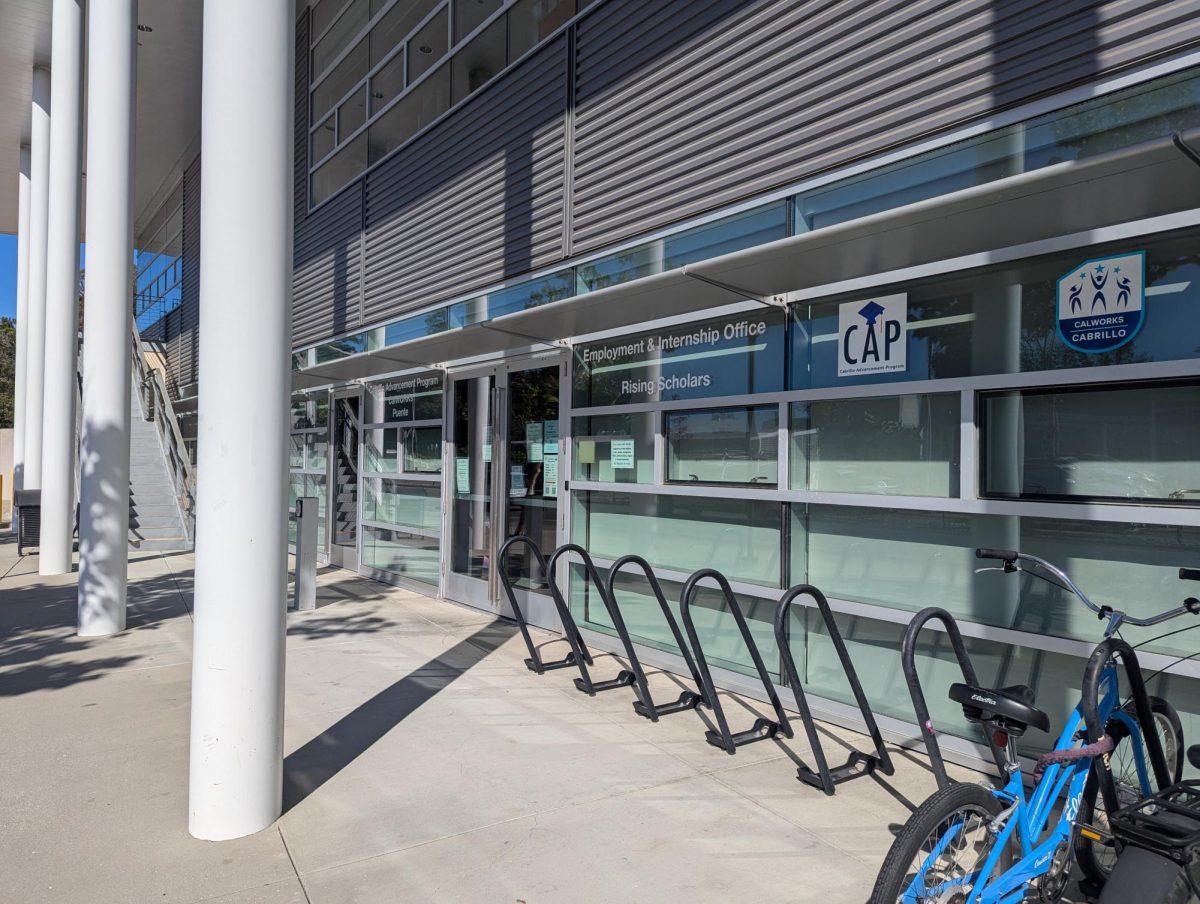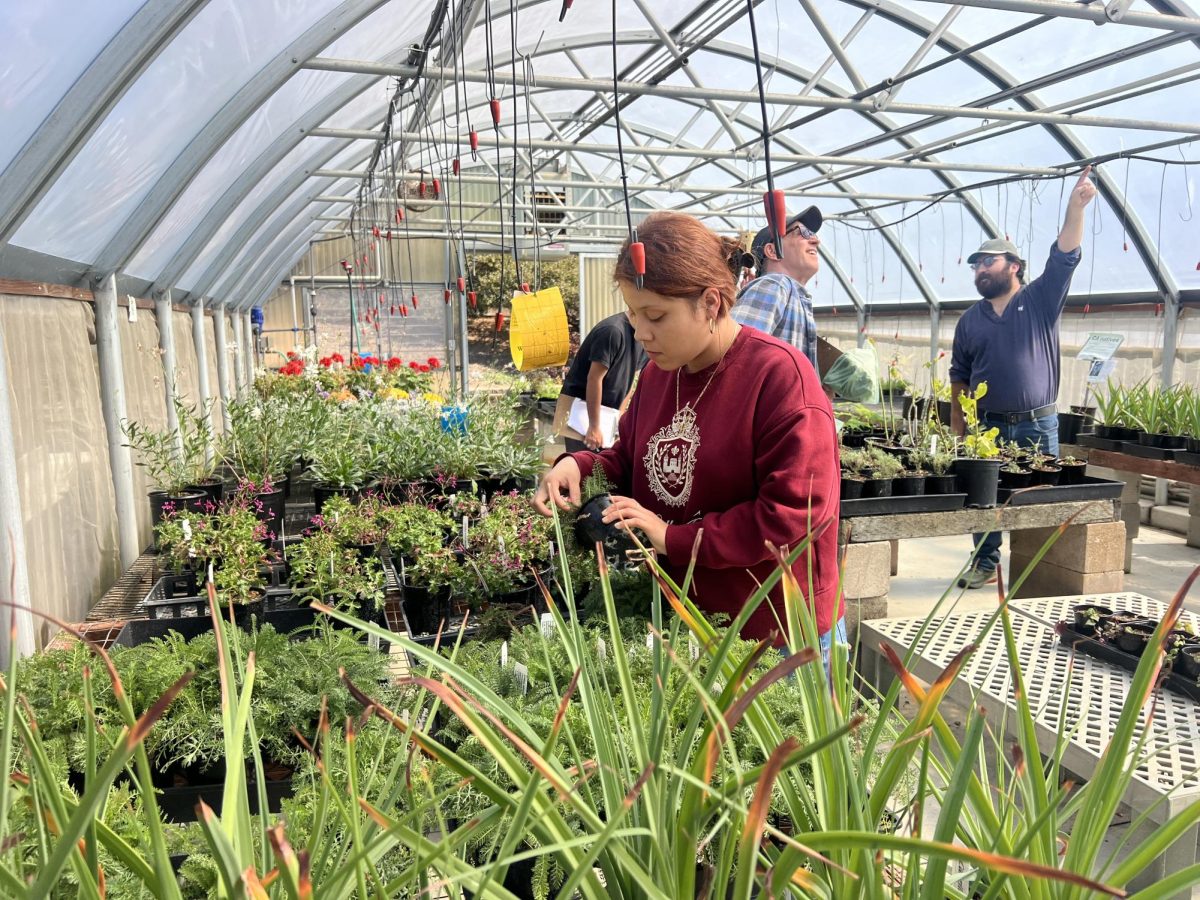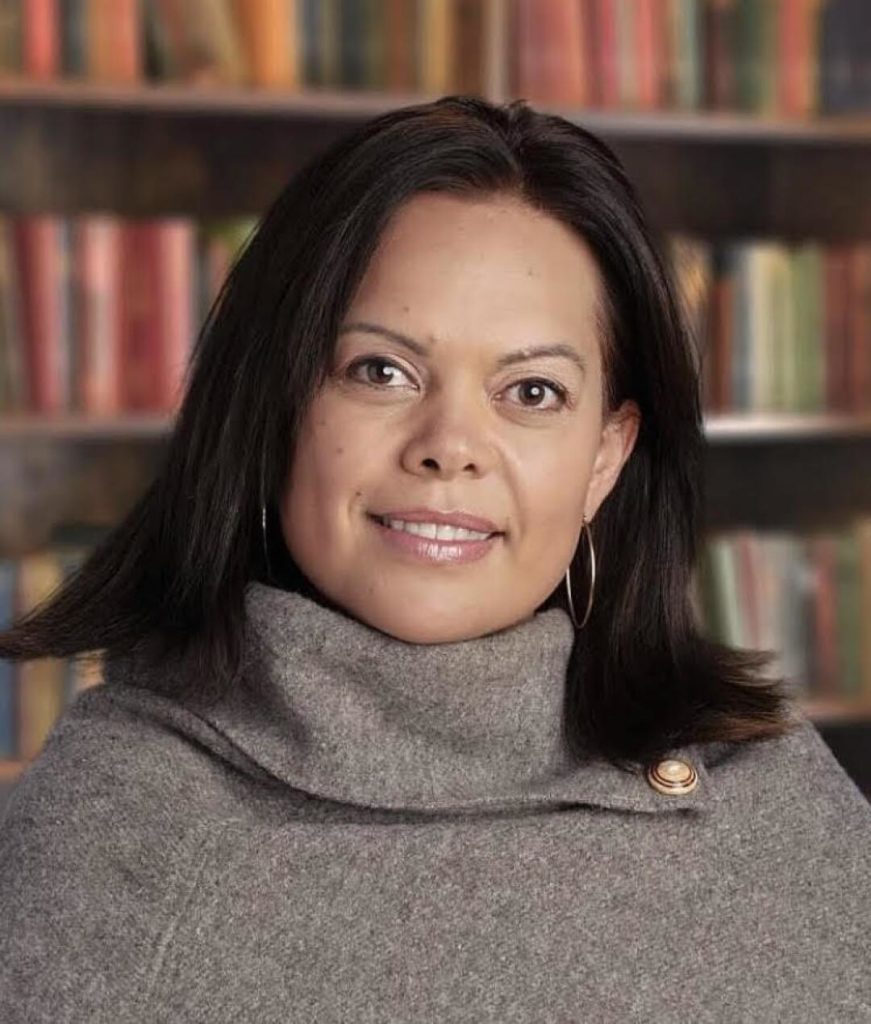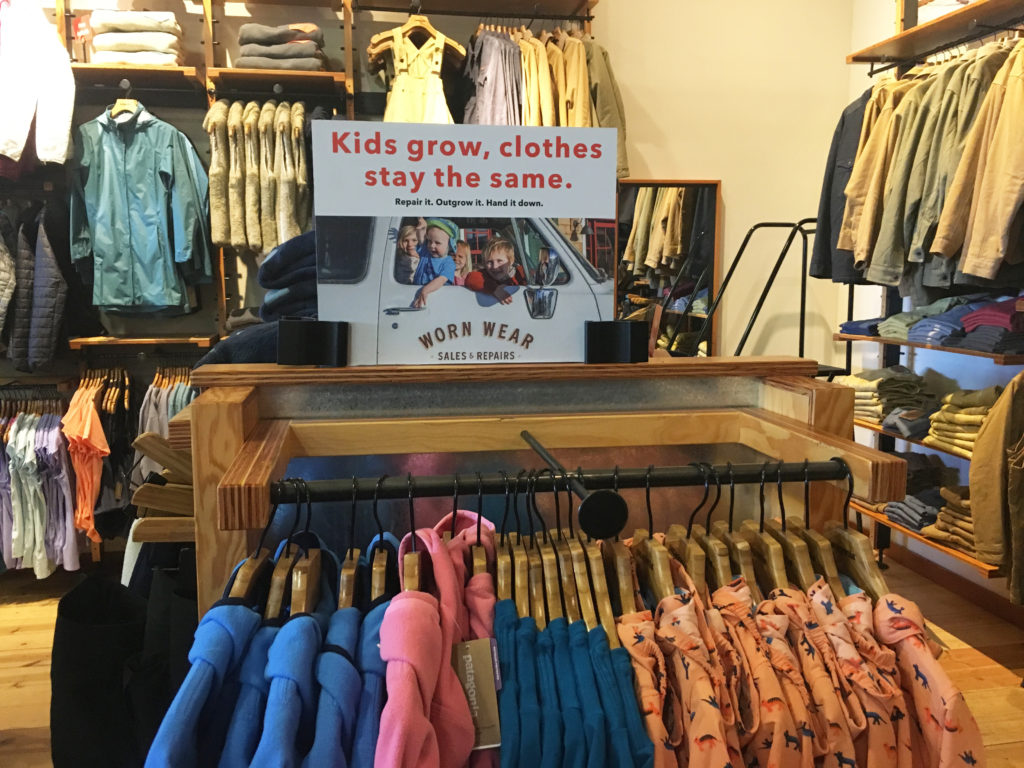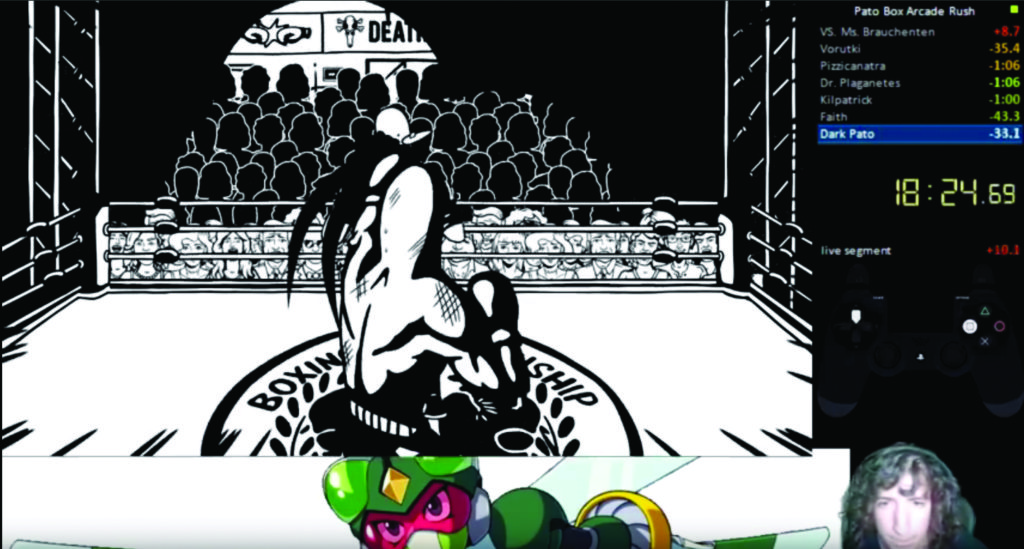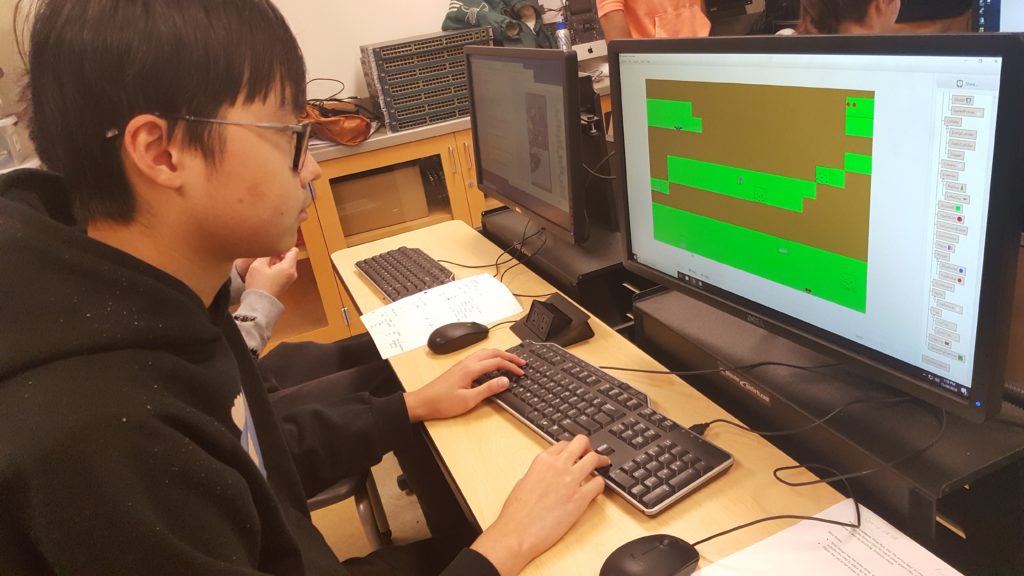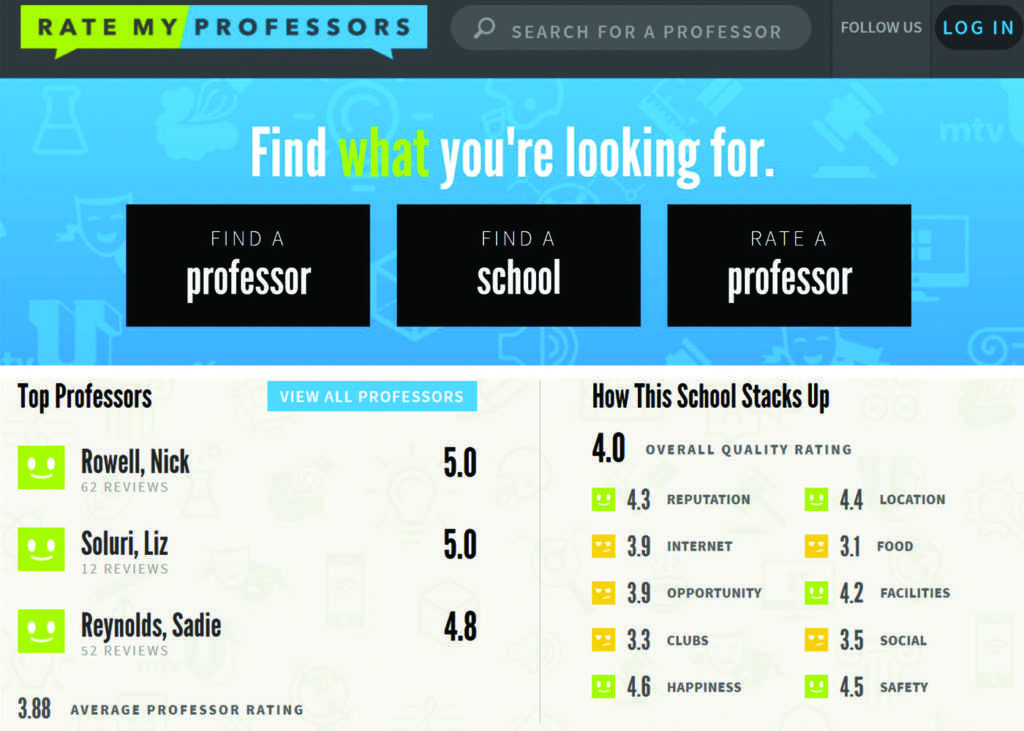My brain works in the same way that the broken telephone game does. You sit in a circle and whisper until you get to the last player, and the phrase will become something different from what it was.
I have APD, an auditory processing disorder. I can hear you, but it’s going to take me a moment to understand what you are saying.
This processing deficiency is because my ears don’t coordinate with my head. APD is an auditory processing disorder that affects about three to five percent of school-aged children. APD is not a hearing problem. Many people with APD do well in hearing tests. It’s an issue of how sounds are processed in the brain.
Throughout elementary school, I always had a bubble in the classroom. A teacher’s aide was assigned to me while the other students worked together as a class. I had always felt a little different but never understood why I felt the way I did.
In the fourth grade, I had a teacher named Mrs. Abraham. She had my brother years prior, and she adored him. She loved the way he loved learning and the way he caught on to things quickly.
She knew who I was because of my brother, and because of this, she expected me to be the same way, but I was slow. Things didn’t come easily to me. I required repeated instructions.
Mrs. Abraham did not like doing this, and as a result, she would give me extra work compared to the other kids because she thought I wasn’t trying hard enough.
I’m not a teacher, and I don’t think that’s part of my future, but to make someone as young as ten years old feel bad about themselves doesn’t seem like a supportive learning environment. Others made me feel dumb, and it still affects me years after.
When I moved onto middle school, I no longer had a teacher’s aid. Instead, we had beginning of the year meetings, and my teacher’s critiques about me as a student were always positive. But that never mattered. These meetings filled me with dread both before and after, and I would always leave an anxious mess when they ended.
Teachers said I was a good student, but I had never believed it. I would talk to my friends and discovered I was the only one out of the group who had to go the extra mile to learn something new. When I was struggling in class, I would never ask the other students for help. I felt too embarrassed and stupid. I thought that people were judging me and my eagerness to learn began to fade over time.
When it came to awards at the end of the year, I was disappointed and sad. To some people, those were just some pieces of paper with their names on them. It was a different story for me because I had struggled with a learning disability for so long.
I wanted to believe I was smart, but I couldn’t because I had placed all my value into a piece of paper with my name on it.
My beginning in high school was great. Because I had good grades my freshman year, I no longer had to have beginning of the year meetings. I was happiest knowing that I didn’t need to continue a conversation that always left me feeling inferior.
Sophomore year started well but got rockier as time went on. Numbers have never been my friend, and they still aren’t. Math has always been my worst subject, and sophomore year was no exception.
When I got to high school, I had begun to believe in myself a bit more and started asking questions whenever I was confused. However, I went through the same struggles with the teacher in my math class. I would ask a question, and the teacher would respond with a question.
My math teacher knew about my accommodations but never followed through with the agreement to help me. The only thing she offered was to send me to another classroom whenever we were taking a test, but it never helped me. I had the lowest test scores and grades in the class.
I had reverted to thinking that I wasn’t smart and that I never could be. This thinking led me to believe that I wasn’t enough. All because teachers couldn’t empathize and didn’t offer me the support I needed.
I finished my senior year off strong at Scotts Valley High School, mainly because I was in an alternative education program that followed through with my accommodations and allowed me to go at my own pace.
I’ve always known that I have a disability, and I’ve struggled with it for as long as I can remember. I was diagnosed with an auditory-visual deficiency in the third grade. However, I didn’t learn that the condition had another name, auditory processing disorder (APD), until researching a project as I transitioned into my first year of College in fall 2020.
The project was for my communications final and I talked about the different types of listening. While researching, I found out the other name, APD. Learning about the new name helped me figure out that I was not the only one who struggles the way I do. It helped me move on throughout the first semester and I figured out how to make college work for me.
I was left behind and misunderstood in school, and the shortage of empathy from teachers and classmates affected my self-esteem.
I believe there is a severe lack of real people telling their stories and advocating for raising awareness and supporting others. I’m speaking out because I don’t want to see others left behind as I was.



